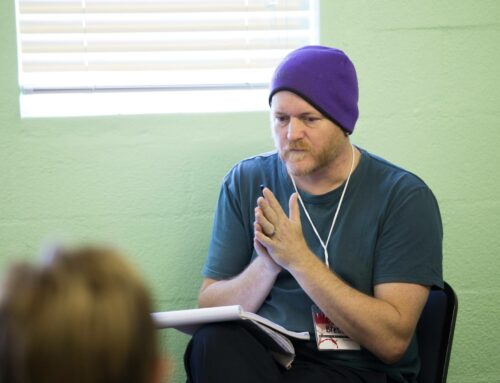so the beautiful val and i decided that we would join the rest of the planet (well, those doing it) and move meat-free thursdays to meat-free mondays and would like to invite you to do the same…
why you ask? well a bunch of reasons – one is being aware of the impact that meat-eating has to the planet and that if everyone just took one day off eating it, the positive impact it would have is incredible
how does not eating meat help the planet you ask (and i’m glad you did, thank you) – well here is one way:
“250l of water is needed to produce 1kg of wheat compared to the 25 000l of water which is required to produce 1kg meat.
By committing to Meat Free Mondays, each individual could save about 3360l of water per week!
Government policy is to supply 6000 households with free water per month. If we were to save just 15% of the total water used to convert animals into meat at the abattoir, then 104000 households could be provided with all their water needs for one year (Compassion in World Farming)”
[from the Meat Free Monday newsletter]
so how about it? head to http://www.supportmfm.co.za and make your pledge or just simply make the changes to your weekly diet






Hi Brett – excellent initiative this – we will definately join in. You are quite right – one of the best ways to save water is through changing our diets. The fact is – a meat eater uses around 5,000 litres of water a day to supply all their food needs. A vegetarian’s “water footprint” is only around 2,500 litres a day.
Check out: http://www.waterfootprint.org
In a country such as South Africa which is on the brink of absolute water scarcity (availablity of less than 1,000 cubic metres of water per person per year) this has a massive impact on our ablity to live sustainably.
Good luck!
Anton
Yo Brett
The theories on meat eating and whether it’s damaging to the planet are typically quite flimsy – you can also find a multitude of arguments from both sides. Obvious problems are a) water doesn’t just disappear so the concept of water being wasted is a bit of a misnomer, b) wheat has different nutritional value – you probably have to eat 100kg of wheat to get the protein value of 1 kg meat (vegetarians have to make adjustments to their diet anyway which is not accounted either), and c) different farming techniques and intensities may mean that a wheat field is worse in terms of petrol (tractors, harvesters, etc) and sustainability of soil may be an issue too. Been a while since I read some of the arguments on this but those are ones I remember offhand. Definitely not enough there to convince of me of any merit in this.
I also think most of the “environmental” arguments come from the lobby of people who believe that eating meat is wrong (which is a different debate).
In principle I don’t have a problem with people deciding to eat less meat, but I guess my concern is a lot of people look up to you and take your lead so maybe be careful of what you advocate?
Cheers
Jason
Hi Jason
I think you raise some good points. The example of wheat is not the best, but that is just one example. The production of soya beans requires far less water than the production of meat, and it provides around twice as much protein as meat. It does seem a bit insane that in a world where people are starving, that it takes around 4kg of grain to produce 1 kg of beef. 4kgs of grain will feed many more people than 1kg of beef!
If we decrease the demand for meat, then less water will be wasted. Of course it is meaningless to say that if you don’t eat a steak today, that 5000litres of water will not be wasted, as that meat has already been produced. But if demand decreases, then so will production, and hence less water will be used.
It is near impossible to live a life where we have no impact on this planet. We can however choose to live in such a way that minimises our impact, and eating less meat is one way to do this.
I quit eating meat for animal rights reasons so I am not the best representative of this view, but I think that environmental benefits are a bonus! Some other environmental consequences of the meat industry include methane gas emissions by cows and pigs, the pollution of rivers and oceans by animal faeces and urine, the destruction of coral reefs by fishing trawlers… I could on.
Not to mention the cruelty involved in the meat industry. Or the amount of land needed to raise a cow over growing a few vegetables – they say a small plot the size of a garage could feed a person for a year if done properly. Then there are health reasons – who wants to eat steroids and hormones in your meat? Cows also contribute to C02 emissions.
Jason: Brett is advocating something wonderful here. There is no way it could harm anyone by taking a day off meat – really be serious here. Brett is using wheat as an example only. There are many factors to consider – environment, animal cruelty, health (you’re not eating wild meat but chemically enhanced meat).
The healthiest people are those that grow their own organic crops in their backyards.. Sorry Jason, but your argument is a bit flawed to say the least.
Not to mention Jason, you eat both bread and meat, so you are messing up the earth (by your argument) with the wheat as well.
In the Bible, I am sure they fasted from time to time without meat. Look at St Paul.
And yes – the water theory does hold water (excuse the pun). The water does go back into the environment, but we cannot use it immediately or directly. We must wait for it to rain again to use it. So the water argument is valid.